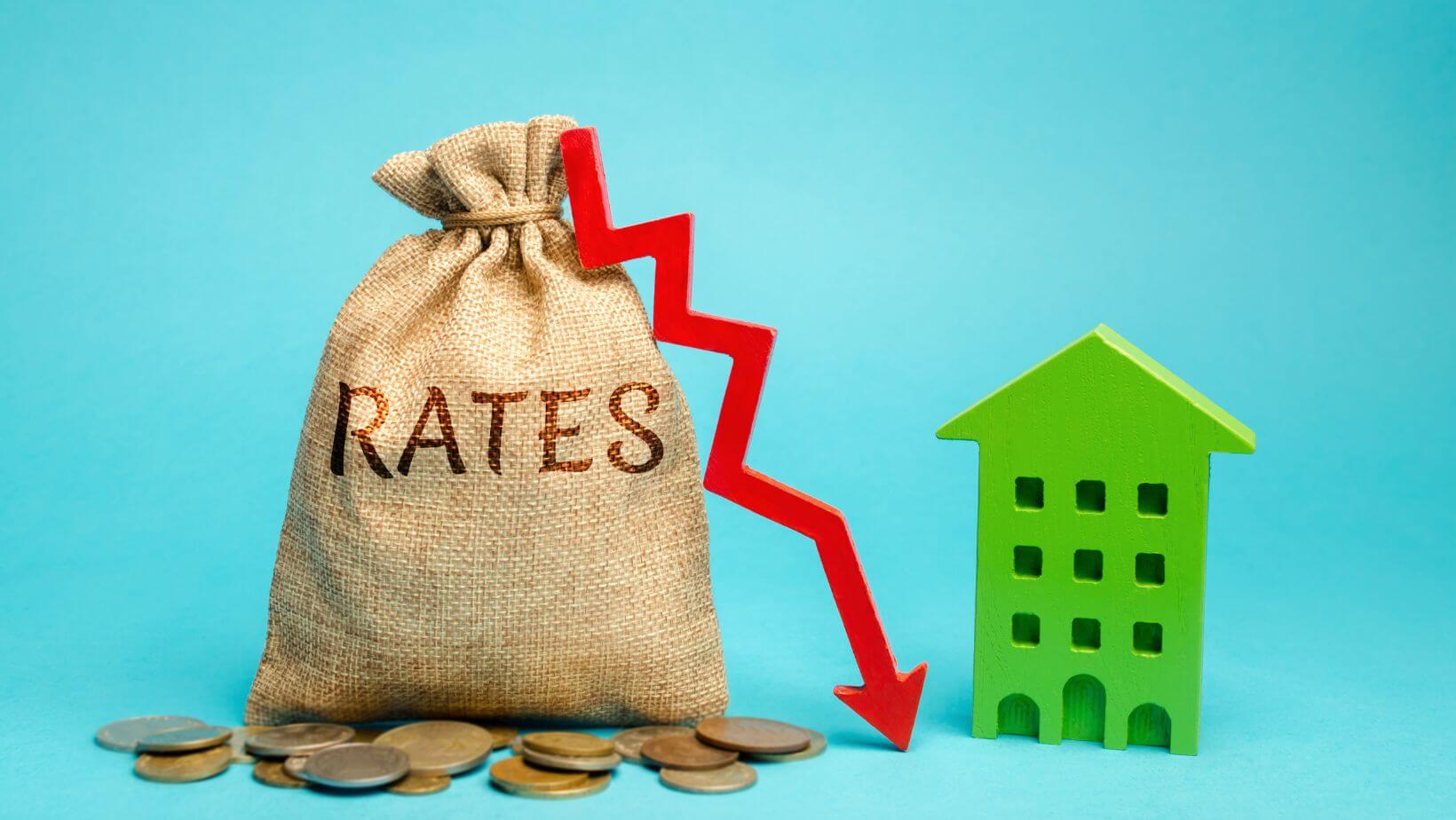The latest figures from the Office for National Statistics (ONS) show that UK inflation has slowed to 4.6% in the 12 months leading up to October 2023, down from 6.7% in September.
The decrease in inflation has led to cautious optimism in the property sector.
Marcus Phayre-Mudge, fund manager at TR Property Investment Trust, believes this may indicate that we have reached the “peak rate” of inflation. He points out that historical market cycles have shown that when interest rates peak, property equities recover more quickly than the broader stock market.
In contrast to previous economic declines, there continues to be a significant level of demand in property sub-sectors.
Meanwhile, ONS lettings data reveals that private residential rents have increased by 6.1% in the 12 months leading up to October 2023, up from 5.7% in the previous year.
London experienced the highest annual percentage change in private rents in England at 6.8%, with the North West at 5.5%, while the North East had the lowest at 4.7%.
Gareth Atkins, managing director of lettings at Foxtons, explained that this decrease in renter registrations during October is typical as the summer rush ends and the quieter winter season begins.

However, he is encouraged by the 12% increase in rental instructions.
Sarah Tonkinson, managing director of institutional private rented sector and build-to-rent at Foxtons, highlights that the lettings market shows regular seasonal trends for the first time since 2019. This includes a decrease in demand during Q4.
Nevertheless, Tonkinson pointed out that demand still surpasses supply, and properties are being rented quickly as long as they are listed at the right price.
The UK House Price Index revealed that house prices for England, Scotland, Wales, and Northern Ireland have fallen by an average of 0.5% in September compared to the previous month.
The annual price fall of 0.1% has brought the average UK property value to £291,000.
Karen Noye, a mortgage expert at Quilter, believes that interest rates will remain higher for a more extended period, leading to a prolonged slump in buyer demand.
She added that sellers are reluctant to list their properties, resulting in limited stock and preventing significant price crashes.
As more people approach the end of their fixed-rate mortgage deals, there could be a surge in the number of properties being listed for sale. This sudden increase in the availability of properties during a time of limited demand could reduce the recent exuberance seen in the property market.



















